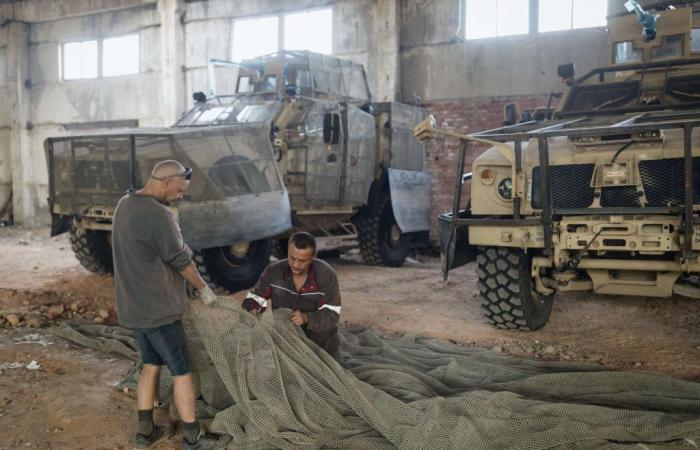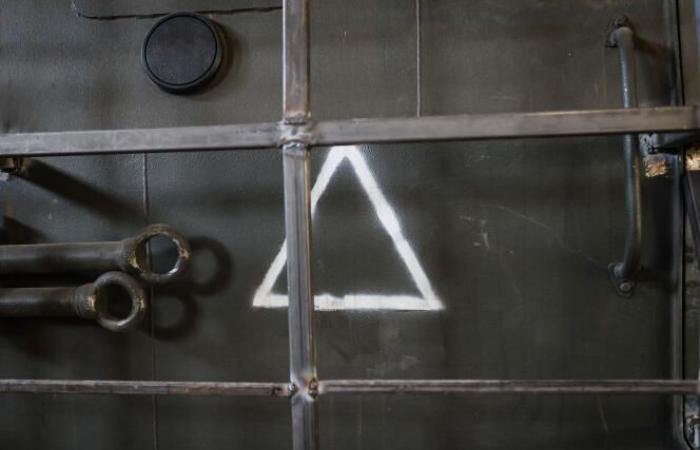The Ukrainian offensive in the Russian region of Kursk on August 6 was a risky gamble. But it notably allowed kyiv to regain the initiative and boost the morale of the troops despite the advance of the Russians in the Donbass. The armed forces now claim to control around 1,000 km2and have “stopped” the Russian counter-offensive, although Moscow says it has regained ground. With this operation, Ukraine takes on a role unprecedented since the start of the Russian invasion on February 24, 2022: that of an army of occupation.
Read also | Article reserved for our subscribers Russian prisoners of war subjected to mistreatment, UN report says
Add to your selections
The law of war is clear: “A territory is considered occupied when it is placed in fact under the authority of the enemy army”indicates Article 42 of the Hague Conventions. “From a legal point of view, this is indeed a military occupation”agrees Oleksandr Merezhko, chairman of the foreign affairs committee within the Rada, the Ukrainian Parliament.
This deputy of the presidential majority and professor of international law would however prefer to use a “other term” about the operation in Kursk. “The word “occupation” has too negative connotationshe argues. The Russian occupation is a crime, because Moscow is the aggressor, while the Ukrainian occupation is a response to this crime. »
Establish a “buffer zone”
The legality of the operation in Kursk is in fact not contested by the international community: it is in compliance with article 51 of the United Nations charter on the right of self-defense in the event of armed aggression. “We consider that Ukraine is waging a legitimate defensive war against illegal aggression and, within the framework of this legitimate right of self-defense, Ukraine has the right to strike the enemy where it deems necessary, on its own territory, but also on the territory of the enemy”, declared on August 7, the day after the incursion, the spokesperson for EU foreign affairs, Peter Stano.
Dmytro (first name has been changed), a 41-year-old soldier, also doesn’t like the term« occupation »widely associated with war crimes committed by the Russians. This commander of a reconnaissance unit, deployed to Kursk at the start of the operation, prefers to talk about “transfer of the war to Russian territory”. “I do not consider myself an occupier, because we are not terrorists like the Russians »assures the soldier, who agrees to testify on condition of anonymity, on the edge of a wood, after dark, during his visit to kyiv.
You have 69.82% of this article left to read. The rest is reserved for subscribers.







